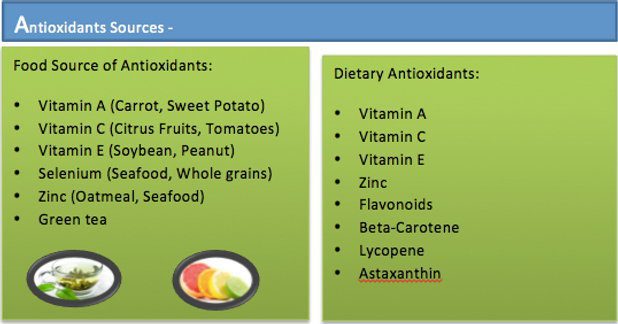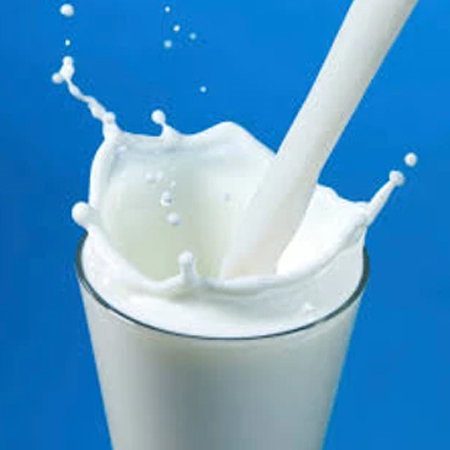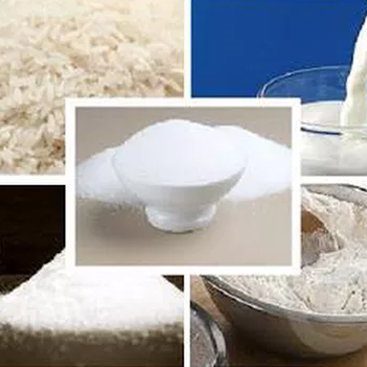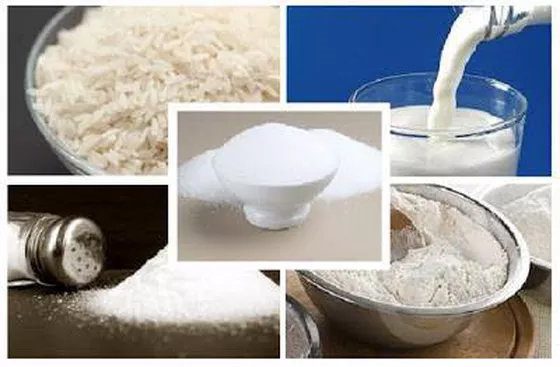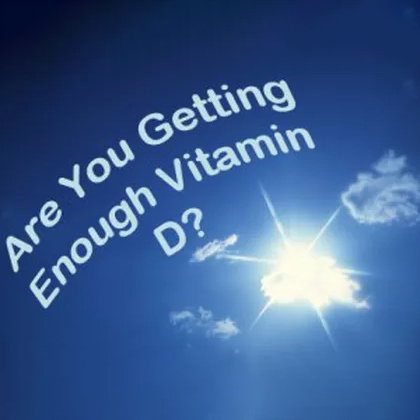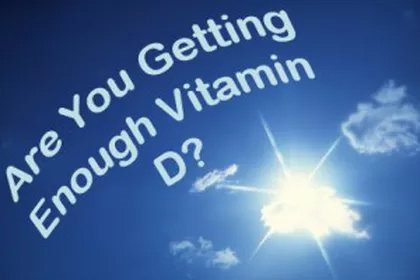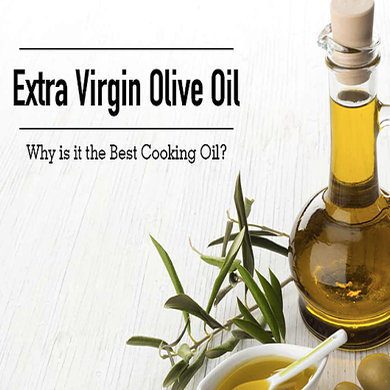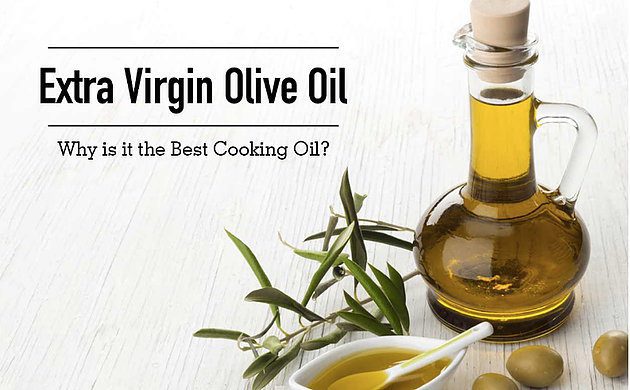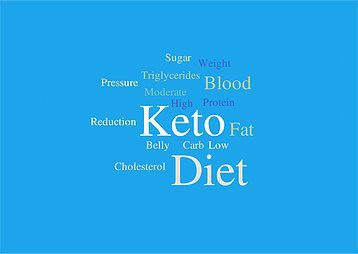
These days everyone wants to follow Ketogenic diet or Paleo diet just to get quick results in terms of weight loss. For those who are not aware of Keto diet, let me try to explain it in simple words: Keto diet, also known as low-carb diet or low-carb high-fat (LCHF) diet restricts the type and amount of carbohydrates you eat.
Such diets are high in Fat (60-75%), adequate in Protein (15-30%) and low in Carbohydrates (5-10%). Again, exact PFC (Protein, Fat & Carbs) ratio depends on an individual based on their body response and other activity factors. Of course, this diet doesn’t suit everyone.
I can’t deny saying that it not only helps in weight loss but also reduces the risk factors associated with type 2 diabetes and high blood pressure. At the same time, it is important to learn the flip side of this diet.
Low-carb diets such as Keto diet may deplete your serotonin levels. Serotonin is an important chemical and neurotransmitter in the human body which helps to improve your mood, well being and promotes feelings of satisfaction after eating.
Low-carb intake reduces serotonin levels and can lead to irritability, restlessness, depression and anxiety. It is called ‘Atkins attitude’.
A lot of people (especially women) start following low-carb diets by surfing few websites without even knowing their blood parameters and consequences and don’t even realize when/how they hit severe side-effects as mentioned.
Please try to understand that such kind of low-carb high-fat diets should be followed (if you wish to) very carefully under certified nutrition expert’s advice only to avoid any health issues in the longer run.
Make sure that you undergo a health screen to rule out any rare conditions or contraindications to your health that may be unknown to you.
7 key benefits of Keto Diet:
- Helps in weight loss
- Helps obese women with PCOS
- Helps fighting type 2 diabetes
- Lowers Blood Pressure
- Helps to control epileptic seizures (assuming no heart disease)
- Stable energy levels
- Improves Metabolic Syndrome
Side-effects of Keto Diet:
- Headache
- Dizziness
- Sleep problems
- Mood swings
- Anxiety
- Depression
- Irritation
- Muscle cramps
- Constipation
- Sharp rise in LDL cholesterol
Conclusion
In the longer run, rather than ignoring any nutrient (like carbs in Keto diet) it is always good to follow a well-balanced diet that is low in unnecessary fats and sugar and high in vitamins, minerals and other nutrients.
If you have any questions regarding nutrition or weight management, please schedule an online appointment with Dt. Silky Mahajan.
Send us an email at info@foodsandnutrition.in or call on 7829999400 between 10:00 AM IST – 7:00 PM IST (Mon – Sat).









